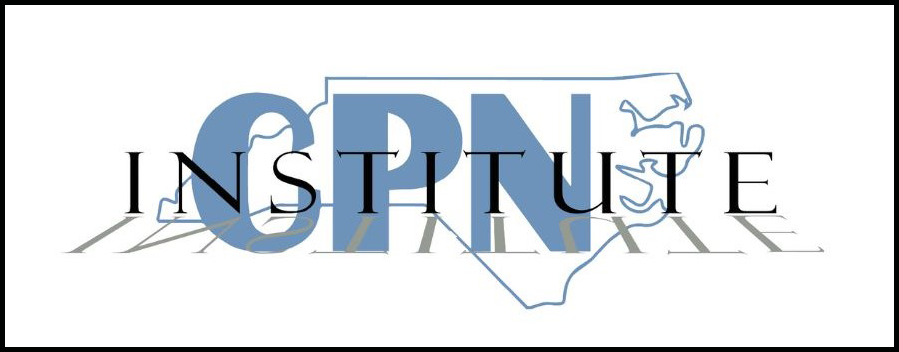[jj-ngg-jquery-carousel gallery=”2″ width=”500″ height=”333″ shuffle=”true” effect=”fade” animspeed=”500″ pausetime=”4000″]
Project Scope
CPNI was requested by the Town of Windsor North Carolina to compile a team of experts in development, design and construction to help them evaluate and develop a comprehensive strategy to better utilize existing buildings as part of the NCSTEP Program established by the NC Rural Economic Development Center. Many of these buildings are historic and were recently damaged by flooding.
Team Members
- Jude Starrett – government/legal
- Mike Burriss – construction & demolition
- Eric Wisco – tax/non-profit solutions
- Hugh Sutphin – architect
- Carl Seager – waterproofing/brick restoration
- John Willards – roofing
- Jim Schenck – CPN Past President
- Peter Marsh – CPN President
- Peyton Fairbank – CPNI Chairman
- Tori Small – civil engineer (not present on site visit)
Action Plan
Initial Investigation and Assessment:
- Develop a community inventory and database of legacy buildings, properties and utilities. This typically involves initial meetings with city/county management and planning officials, collection of existing property data, and on-site visits.
- Assist the community to secure funding for planning activities, and assess the community inventory, including site analysis, building condition analysis, and environmental analysis.
Prioritization and Redevelopment Strategy:
- Develop a “long-list” of redevelopment strategies including community visioning, community leadership engagement, workshops, identification of partnerships and financing strategies.
- Use the Re:NC model to integrate community context into redevelopment plans by evaluating economic, social and environmental dimensions.
- Prioritize strategies and develop a master plan of recommended uses.
Pre-Development Facilitation:
- Develop a platform to support redevelopment through identified target uses, including pre-development site/building preparation, market studies, and marketing media.
- Investigate tax credits, grants, incentives and financing options.
- Facilitate partnerships with institutions, nonprofits, foundations, private developers and local governments.
- Assist with environmental work and Brownfield agreements in conjunction with COG’s.
- Provide a network of resources including the UNC system, revitalization experts and partnering non-profit organizations.
Final Summary
Every redevelopment strategy has to start somewhere and for Windsor the CPNI workshop indicates priority should be given to the following Buildings:
- Freeman Hotel
- 102-104 South King Street
- 123 South King Street
Additional recommendations that were discussed at the workshop include, in no particular order:
Establish multiple pedestrian access to the Cashie River
- Simple access where vegetation is cut back and maintained
- Point access for private kayaks and canoes with signage
Improve visual access to river
- Establish several key visual vistas of the river
- Needs to be visible by pedestrians and from vehicles
Create a less “caged” appearance environment for the zoo
- Replace chain link fence and barbed wire with painted wood or decorative metal fencing
- Screen animals with indigenous plantings
- Better incorporate the river walk area with zoo for a more natural animal environment
Create opportunities/incentives for downtown development for housing, restaurants, retail, services and hotel.
- Consider a “restaurant row” low-interest loan program
- Create tax incentives supporting renovation and appearance standards
- Develop educational program on Historic Tax Credit renovations
Organize a storefront initiative that will keep downtown building facades pleasant looking and appealing to shoppers and future developers
- Develop historical preservation/zoning committee that oversees renovations and building façade changes in the historical downtown district and around river walk access
- Town to lease storefronts of vacant buildings to ensure pleasant appearance Town should uphold minimum appearance standards
Click here to read the Windsor Report
